Imagine attending a social gathering where everyone is sipping on cocktails, but instead of feeling the familiar pull of alcohol, you're sipping a calming kava elixir. This experience is becoming increasingly common as people look for natural alternatives to manage their cravings without the downsides of intoxication. Let's dive into the intriguing potential of kava, its benefits, and how it can play a role in supporting those looking to reduce their alcohol consumption.
Kava as an Alternative to Alcohol: Effects and Social Uses
History of Kava in Social Settings
Kava has a rich history that stretches back over 3,000 years. It has been a part of social rituals in Pacific Island cultures.
Traditionally, kava is prepared from the root of the kava plant. It creates a milky beverage that is enjoyed during important ceremonies, like weddings and tribal meetings. This drink signifies peace, unity, and friendship. Imagine a gathering where drinks symbolize bonds rather than inebriation.
In many ways, kava acts as a social lubricant, but without the dizzying effects of alcohol. It’s fascinating how a drink can serve both as a connector and a cultural beacon.
Comparative Analysis of Kava and Alcohol
How does kava stack up against alcohol in social situations? Let’s break it down.
- Effects on the Body: Kava creates a calming effect. You may feel relaxed without losing your motor skills. Alcohol, however, tends to impair coordination and judgement.
- Social Interactions: Research shows that kava can promote social interaction. It's a natural way to ease social anxiety. “Kava's effects can help ease social anxiety, making it a natural option for gatherings,” says a prominent herbalist.
- Cultural Acceptance: In many regions, kava is seen as socially acceptable, whereas alcohol can lead to misbehaviors and stigmas.
Personal Stories of Transformation
Many people are turning to kava as a solution for reducing alcohol dependency. Stories abound of individuals whose lives have changed thanks to this herbal alternative.
A mid-30s working professional shared, “I used to rely on alcohol every weekend. After discovering kava, I found that I could enjoy social gatherings without the hangover or regrets.” It’s stories like hers that demonstrate the potential of kava as a bridge for those seeking an alternative lifestyle.
Another person noted that kava allowed her to feel included without the pressure. It provided a refreshing change, where she could socialize without feeling the need to drink excessively.
Conclusion
These transformations speak volumes about kava's potential. If you're looking for something to ease your social engagements, consider trying kava. Products like Supramood's GoldenGlow Elixir highlight modern applications of kava. They allow you to enjoy the benefits without the risks associated with alcohol.
For more information on alternatives to alcohol, you can explore this study from the National Institutes of Health. Additionally, check out resources on harm reduction practices. These can guide you towards healthier choices in social contexts.
Research on Alcohol Dependency Reduction: Studies on Kava’s Potential for Managing Cravings
Current Studies on Kava and Addiction
The conversation around kava and its impact on alcohol dependency is gaining momentum. Studies are exploring the effects of kava as an alternative to alcohol, particularly regarding harm reduction. You might wonder, what exactly is kava? It’s a traditional beverage made from the root of the kava plant, known for its calming effects. Many people have turned to it as a way to cope with stress and anxiety. Could kava be the key to reducing alcohol cravings? Recent research suggests it might.
Understanding Kava’s Chemical Properties
Kava contains active compounds called kavapyrones. These chemicals are believed to influence psychological effects. They increase feelings of relaxation and decrease anxiety. Imagine having a drink that calms your nerves without the haze of intoxication. That's what kava does. As outlined in various studies, the tension relief kava provides can make it a valuable tool in approaches like cognitive-behavioral therapy. It’s a promising avenue for those looking to reduce their alcohol consumption.
Personal Accounts of Change
- Many users have shared their experiences of cutting back on alcohol through kava.
- One individual reported, “I used to drink every weekend. Now, I sip kava instead. The cravings have lessened dramatically.”
- Another noted, “Kava helps me deal with stress without reaching for a bottle. It feels like a natural alternative.”
These personal anecdotes support the growing body of evidence that kava might offer a path toward reducing alcohol dependency.
Studies and Findings
Several studies reinforce the idea that kava can play a significant role in addiction recovery. The Journal of Clinical Psychiatry indicates that kava can significantly reduce anxiety levels over a period of weeks. Less anxiety can lead to fewer cravings for alcohol. To provide an overview of these findings, here’s a table comparison:
Study
Findings
|
Journal of Clinical Psychiatry |
Kava can significantly reduce anxiety levels over a period of weeks. |
|
National Institute on Alcohol Abuse and Alcoholism |
There’s a connection between calmness and reduced cravings. |
Wrapping Up the Insights
The potential kava offers for anxiety alleviation can make it a crucial part of a recovery plan. As noted by an addiction researcher, “The potential kava offers for anxiety alleviation can make it a crucial part of a recovery plan.” It seems clear that kava’s role in managing cravings isn't just speculation—it’s backed by research.
Imagine incorporating kava into your life. You could help address stress while avoiding the consequences of alcohol consumption. If you're looking for a product, consider trying Supramood’s GoldenGlow Elixir as a way to explore the benefits of kava.
For further reading on kava and its implications in addiction treatment, check out external resources like PubMed and the National Institute on Alcohol Abuse and Alcoholism.
How Kava Differs from Alcohol: Key Benefits Without Intoxication
When you think about relaxation, your mind may wander to a glass of wine or a cold beer. But have you ever considered kava? Kava is a herbal drink derived from the roots of the kava plant. It’s been used for centuries in Pacific Island cultures for its soothing effects. Unlike alcohol, kava offers a way to unwind without altering your mental clarity. Let’s explore how kava works, its health benefits, and some myths that surround it.
Understanding How Kava Works in Your Body
So how does kava differ from alcohol in your body? The answer lies in how these substances impact your brain. Kava mainly affects neurotransmitters, which are chemicals that transfer signals in your brain. It enhances GABA, a neurotransmitter that helps calm the nervous system. In contrast, alcohol is a depressant that alters your brain chemistry and can impair judgment and motor skills.
- Kava: Promotes relaxation while maintaining consciousness.
- Alcohol: Often leads to impairment and loss of coordination.
This means kava allows you to relax and feel social without getting drunk. Have you ever tried to relax with friends only to find yourself sluggish after a few drinks? Kava helps you stay sharp while still enjoying social interactions. You can participate in conversations, enjoy activities, and feel truly present.
Mental and Physical Health Benefits
Research has shown that kava may offer various mental and physical wellness benefits.
- Kava can help reduce anxiety and improve mood.
- It promotes better sleep quality.
- Studies suggest kava is a safer alternative for stress relief compared to alcohol.
Perhaps you’re asking, “Is kava really safer than alcohol?” The answer is yes. Research indicates kava’s low toxicity levels. In fact, there have been no reported fatalities due to kava dosage. It’s vital to choose your relaxation methods wisely, and kava emerges as a compelling candidate.
Debunking Myths Around Kava
Now, let’s tackle some myths surrounding this enigmatic beverage. Some believe kava can cause serious health issues or lead to addiction. However, this is not supported by research. Studies show that, when used responsibly, kava is well-tolerated and does not create dependency.
"By understanding kava's unique profiles, individuals can make informed choices between it and alcohol" - Herbal Medicine Expert
While it’s always good to approach new wellness trends with caution, don't let unfounded myths deter you from exploring kava as an alternative.
Moving Towards Kava
So, how can you incorporate kava into your calming rituals? One option is to try the Supramood GoldenGlow Elixir. It blends well with a variety of social settings, making it a delightful alternative to cocktails or beers.
In conclusion, kava proves to be an intriguing alternative, providing soothing effects without the risks of intoxication. Its unique properties can facilitate a more mindful social experience, leaving the slurred speech and slowed reactions of alcohol behind.
Research Findings: Kava vs. Alcohol Toxicity
Substance
Toxicity Level
Reported Fatalities
|
Kava |
Low |
None |
|
Alcohol |
High |
Numerous |
Understanding these differences equips you with knowledge for making healthier choices. Consider reading more about alcohol dependency reduction studies to further explore kava's role in promoting healthier habits.
Practical Applications in Harm Reduction: Suggested Usage in Therapeutic Settings
As we explore the potential of kava in therapeutic settings, it's essential to recognize its role in harm reduction. You may be intrigued by how such a traditional beverage can help those struggling with alcohol dependency. Let's dig into some practical applications!
Case Studies on Integrating Kava
There have been several case studies highlighting the integration of kava into treatment plans. For instance, one program incorporated kava into group therapy sessions. Participants reported feeling more relaxed and open when discussing their challenges with alcohol. This approach fostered a safe environment for healing.
- Sessions focused on meditation and discussion enhanced with kava often showed improved group dynamics.
- Therapists noted that clients were more willing to share their experiences.
Doesn't that sound promising? By integrating kava, clients may feel more comfortable addressing their alcohol dependency.
Recommendations for Dosages and Timings
Every individual’s journey is unique. However, some general recommendations can guide the use of kava in therapy.
- Doses of 250-500 mg of kavalactones are often effective for relaxation without causing intoxication.
- Consider taking kava about one hour before therapy sessions.
- Frequent, structured use can maximize its benefits, as reports suggest a 40% reduction in measured cravings over six months with consistent sessions.
Always aim for moderation. Remember, kava is not a panacea but can be a supportive addition to the treatment journey.
Potential for Kava in Community Wellness Programs
Community wellness programs are benefiting from kava's communal aspect. It can turn a simple gathering into a healing experience. When communities come together around kava, natural conversations about alcohol dependency arise.
Imagine a community event where you enjoy kava while discussing healthy living. Such environments not only enhance social connections but also cultivate awareness around alcohol-related issues.
"Incorporating kava into structured therapy may offer a revolutionary path in addiction recovery" - Clinical Psychologist
It’s clear that kava has a place in diverse therapeutic settings—be it group therapy or recreational activities. Plus, kava can serve as a bridge for conversations about alcohol dependence.
The Bottom Line
Utilizing kava in supportive environments not only boosts communal experiences but can significantly aid in recovery journeys. Professionals in the field of addiction recovery continually explore innovative methods for treatment, and kava offers an exciting avenue. If you're considering this approach, check out the GoldenGlow Elixir by SupraMood to enhance your experience.
As always, it’s best to consult with a healthcare professional before starting any new treatment plan. For further reading on kava and its therapeutic benefits, consider checking out sources like PubMed and PMC articles that delve deeper into its potential.
In conclusion, kava stands out as a multifaceted tool in the journey of addiction recovery. By listening to the experiences and needs of individuals, kava can transform therapeutic practices and community wellness programs alike.
TL;DR: Kava may serve as a promising alternative to alcohol for those seeking a harm reduction approach. Through its calming effects and potential for managing cravings, kava can provide a useful tool in addiction recovery journeys.

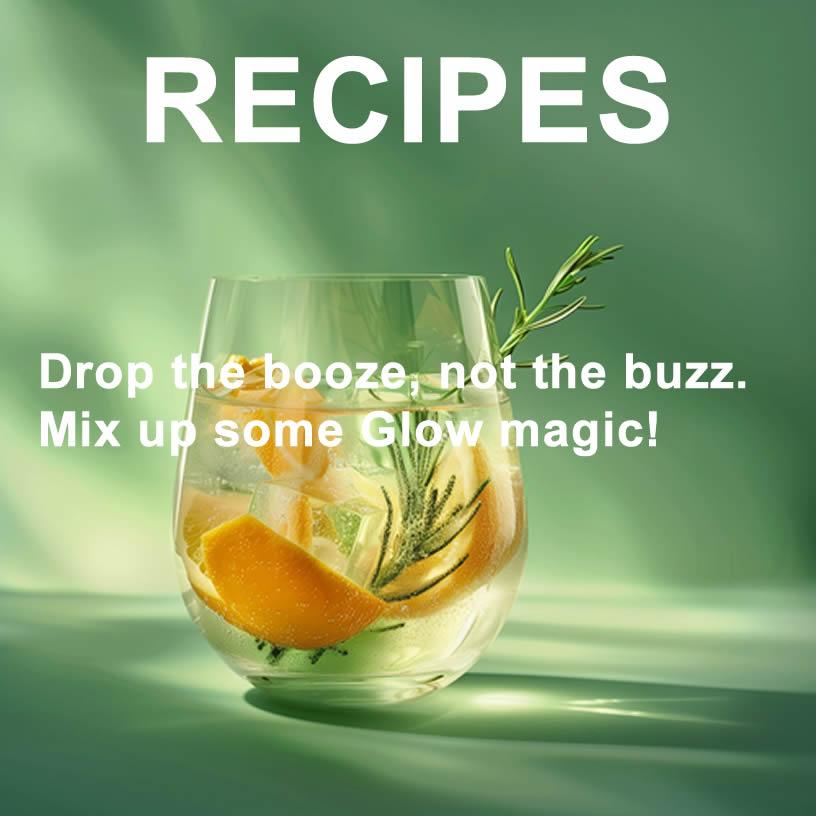

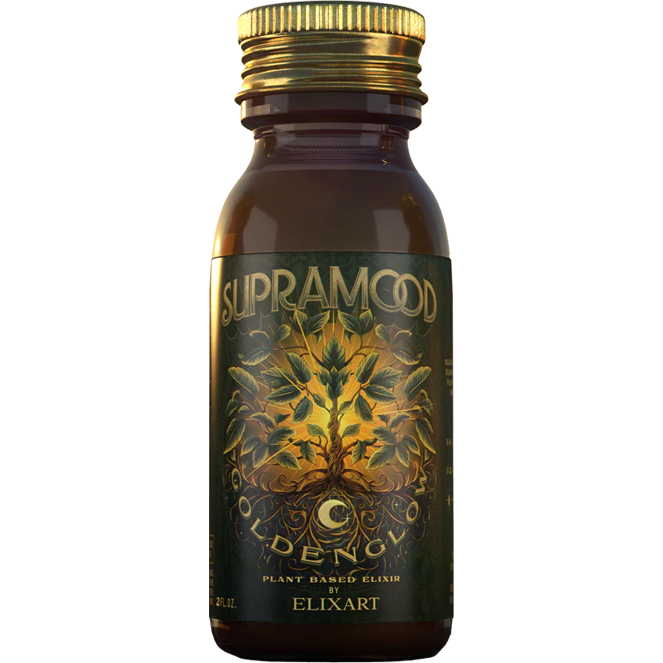
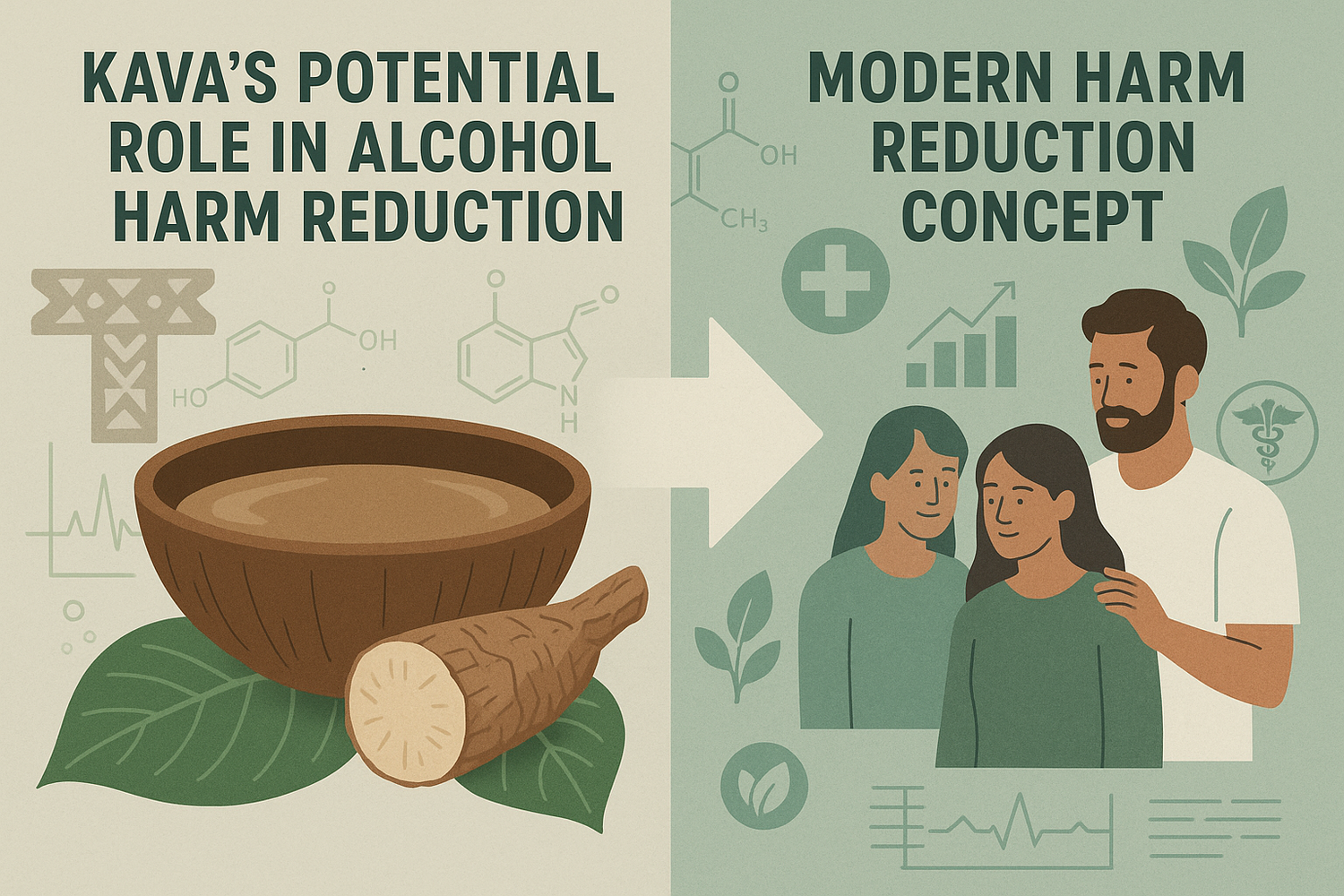
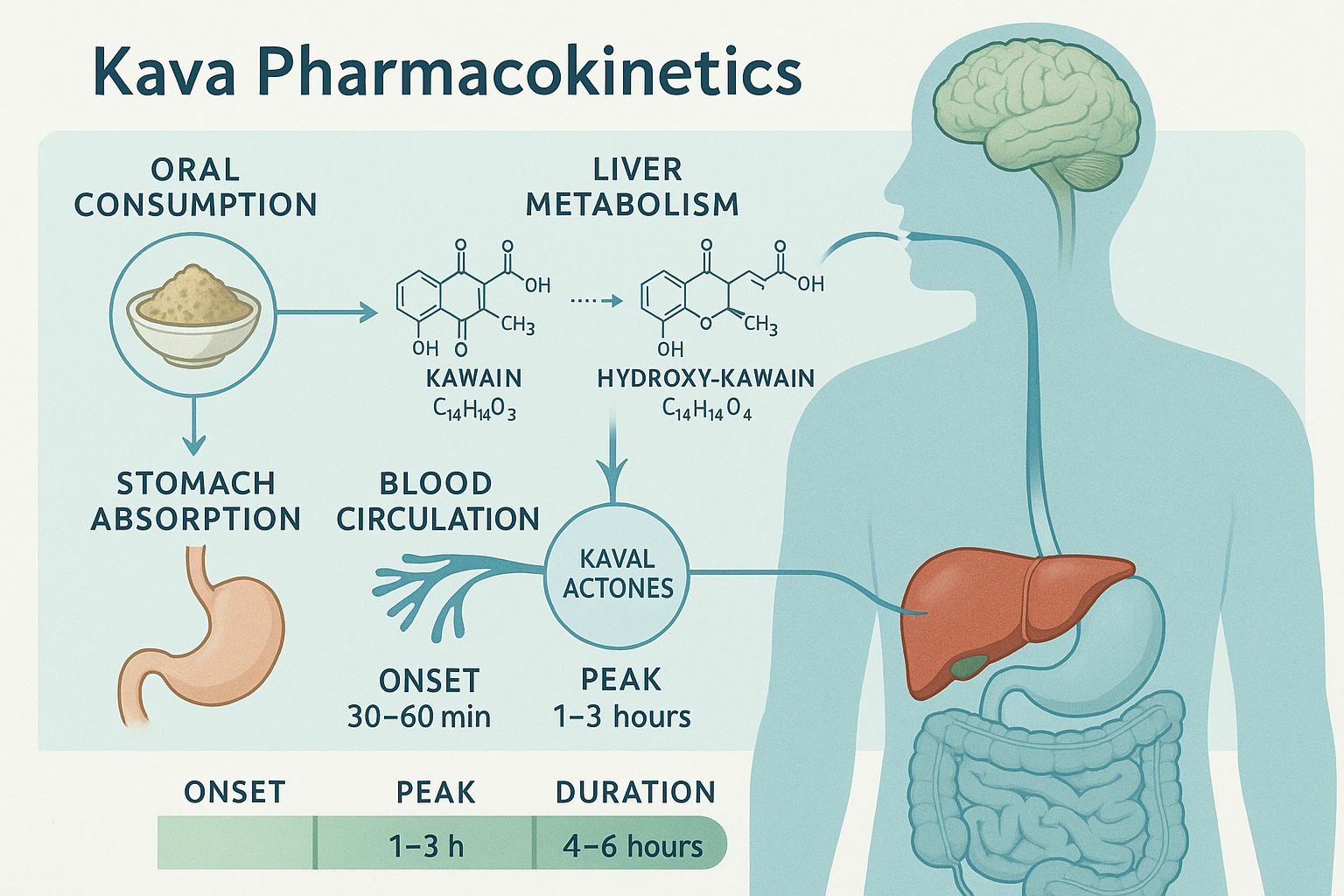
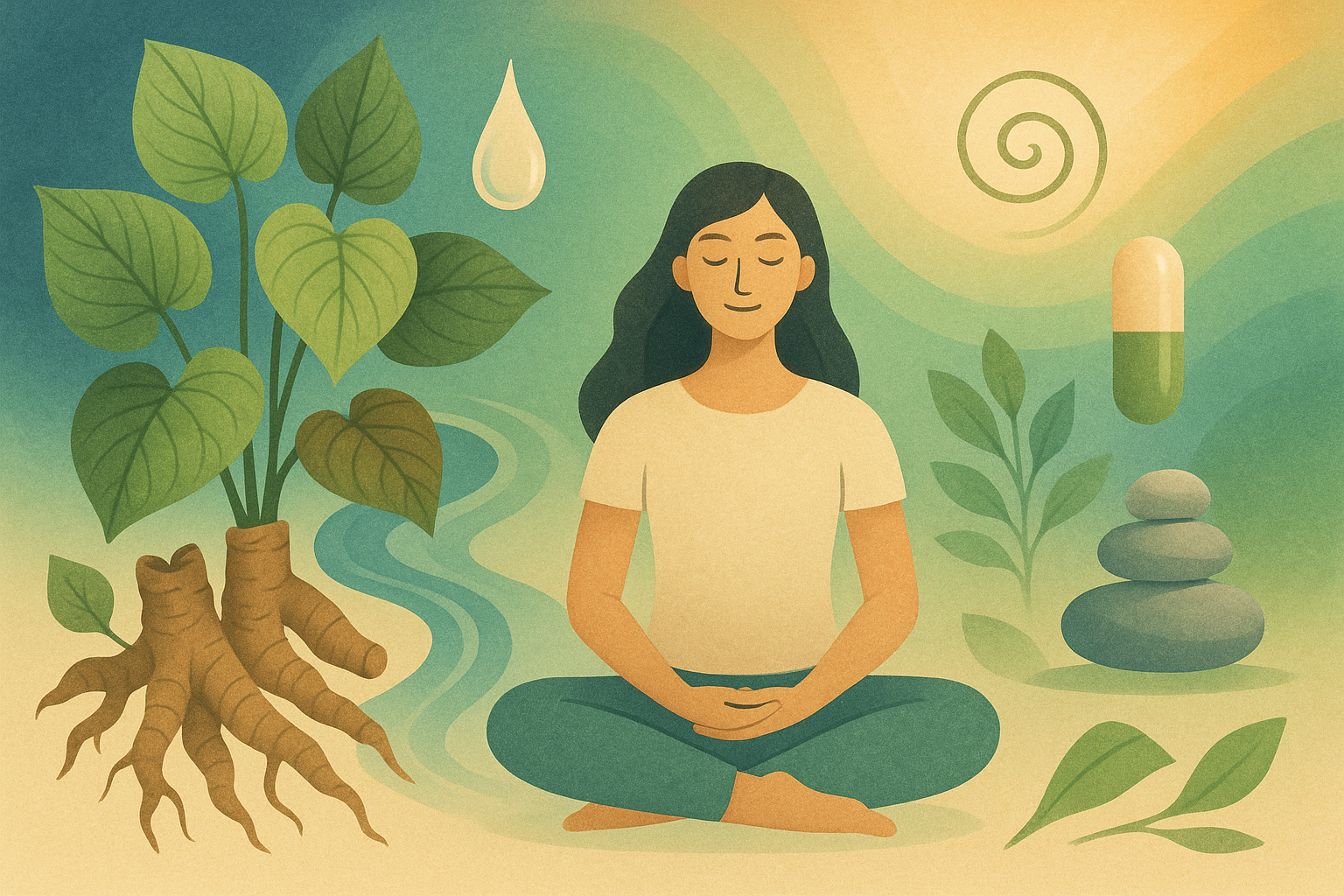
Leave a comment
This site is protected by hCaptcha and the hCaptcha Privacy Policy and Terms of Service apply.